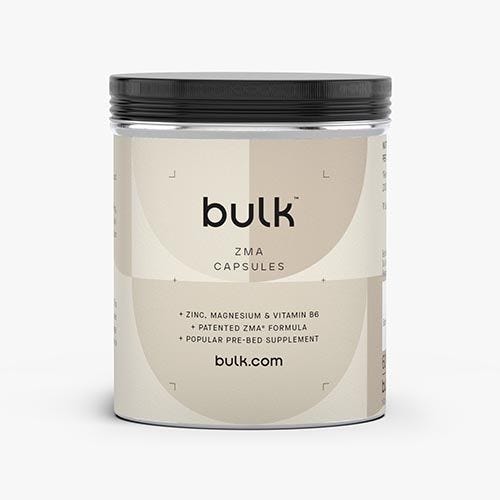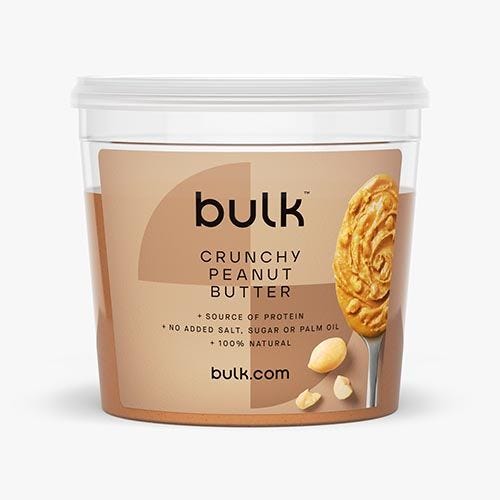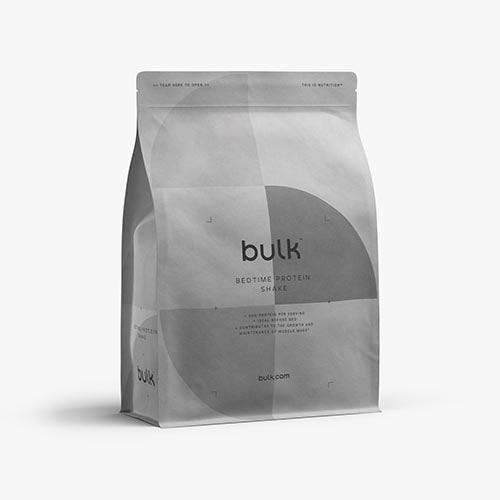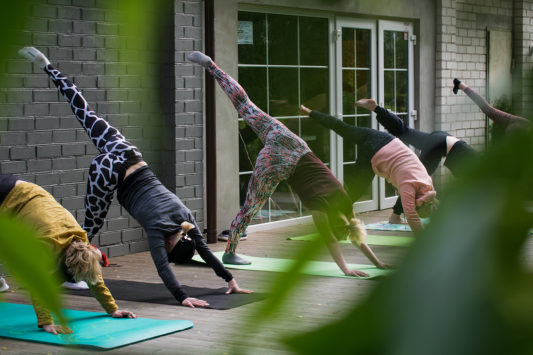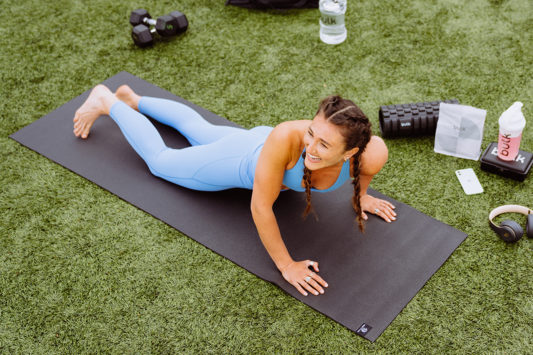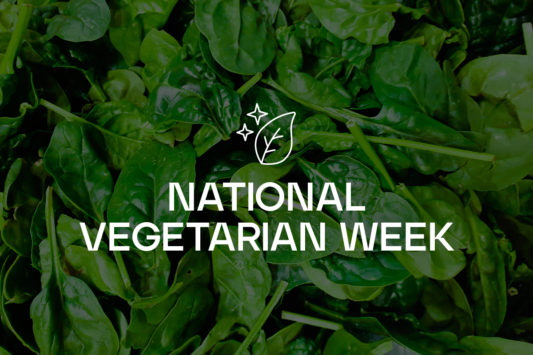In England, one in four people experience a mental health problem of some kind each year. One in six people report experiencing a common mental health issue (such as anxiety or depression) in any given week. This week is Mental Health Awareness Week, an annual event aimed to encourage people to talk about and focus on their mental health. Your health and wellbeing is our priority. With this in mind, here are five tips we hope you’ll find helpful.
Connect with others
The Mental Health Foundation has highlighted loneliness as this year’s theme. Loneliness affects millions of people in the UK every year and is a significant driver of poor mental health. Given that the issue of loneliness has been exacerbated with the recent pandemic, it seems a fitting theme as the world reconnects.
Our first tip is about making a conscious effort to connect with others. It’s easy to let ‘life’ get in the way. But connections help improve your sense of belonging and self-worth. As you share positive experiences and provide emotional support, you allow others to support you too.
Try to make time for those closest to you. Prioritise time to chat, even if it’s just a quick catch-up. Those 10-minute conversations can be powerful. Face-to-face is usually the most effective, and something we longed for during the pandemic, but it’s not always possible. Pick up the phone. We’re all used to video calls now. Do what feels comfortable and is possible for you at the time. Whether it’s family, friends or colleagues, or making new friends, set some goals to initiate contact. That person will be delighted to hear from you. And you’re both likely to feel uplifted afterwards.
Learn new skills and hobbies
When you’re not feeling on top form, your natural instincts tell you to hide away. Time out is often necessary for a period of time. But ultimately, the best thing you can do is channel your energy in positive ways.
Learning new skills and taking up new hobbies can help reduce stress, provide a sense of purpose and enhance your connection with others (as you’ll see, many of these benefits are intertwined). Research has shown that participating in leisure activities can increase life satisfaction, engagement and social support, while reducing depression, blood pressure and cortisol (the stress hormone).
Although solo hobbies are beneficial and should be curated, the most effective activities in this regard are those that create a sense of community and belonging. Combine learning new hobbies with new connections. For example, the fitness world has a real sense of community, whether it be local gym regulars, team sports or entire subcultures in bodybuilding, crossfit or strongman. The communal effect is powerful, and those involved will want to welcome you with open arms.
Prioritise sleep
In our blog exploring the benefits of a better night’s sleep, we talk about how a restful night is a crucial aspect of maintaining physical and mental health. Whether it’s promoting muscle growth or boosting your immune system, the physical benefits are extensive.
But the mental wellbeing benefits shouldn’t be underestimated. A significant piece of research, which involved over 270,000 participants, discovered that those who averaged six hours’ sleep or less per night were two and a half times more likely to have frequent mental distress.
Sleep deprivation can lead to a relentless vicious cycle. Initially, lack of sleep causes tiredness. This can contribute to difficulties in coping with daily life, to feelings of worry and stress, to more sleep deprivation, to tiredness. And so on. If this sounds familiar, try to look at ways of breaking this cycle. Here are a few steps that may help.
How to improve sleep
- Establish a bedtime routine. One that lets you unwind and sends a message to your brain that it’s time for shut-eye. Reading, a relaxing bath and meditating (more on this in our bonus tip) are all good. Scrolling through your socials isn’t. Avoid screens at least an hour before bed.
- Create a restful environment. Make your bedroom dark, cool and quiet if you can.
- Avoid caffeine before bed. Instead, consider using supplements that support sleep. Our ZMA® Capsules contain sleep-promoting ingredients, such as zinc and magnesium. If you’re looking to optimise recovery after training, our Bedtime Protein Shake has been created to take just before bed.
- If worries get in the way of you drifting off, or wake you up in the night, try writing them down. Taking them out of your head and releasing them onto paper can help clear your mind.
- Exercise. (But you know this already). Which leads us nicely on to the next tip.
Be physically active
You know exercise is good for you. It releases those happy hormones (endorphins). Whether it’s a run, HIIT class or pulling a big deadlift, there’s no better feeling (in our opinion). That sense of euphoria as you sip your post-workout protein shake.
We don’t need to convince you, but there is so much more to exercise than the physical aspect. It has been proven to reduce stress, boost self-esteem and improve sleep.
But how you exercise is also important. Studies suggest that frequency, rather than duration or intensity, should be the primary focus. Consistency is key. And finding the right exercise for you. It’s all good. But you need to enjoy it, so you look forward to it. It shouldn’t be a chore. If you like running, this can be a great way to get out in nature and clear the mind. A HIIT class is an uplifting social activity. Why not mix it up?
Setting goals and reaching them are incredibly positive for mental health. Whether it be in strength gains or running times/distances, you see objective progress.
But remember, it’s all about balance. Exercise can go too far the other way. This is a subject we’ll be exploring in more detail another time.
Think about your diet
Following a healthy, balanced diet is essential for overall health. To reach those fitness goals, you know nutrition is key. But there are certain foods that can help with a happy mind.
Opt for those high in omega 3 (such as oily fish, poultry, nuts, seeds, avocado and eggs) which nourish the brain. Vegetables are packed with nutrients your body and mind need to function well. The more colour, the more antioxidants, the more benefits. You know protein supports muscle growth and maintenance. But it also contains amino acids which your brain needs to help regulate your emotions.
Eating regularly is also key. Familiar with that irritable feeling you get when you’re hungry? Your blood sugar levels drop and the low mood kicks in. Slow-releasing energy foods (such as oats, rice, pasta, nuts and seeds) can support this.
So start the day as you mean to go on. Ultra Fine Oats, Sunflower Seeds and Peanut Butter. That’s three nutritional goals smashed already. The taste alone is enough to boost your mood.
Bonus tip – Take up mindfulness meditation
One word. Mindfulness. Training your mind to divert away from spiralling thoughts into the present moment. This can be achieved through meditation. It takes practice, but is incredibly effective. You’ll find plenty of meditation apps to guide you. And no, you don’t need to convert to Buddhism or sit cross-legged in the Lotus position to meditate. It’s about taking time to connect with yourself and just be. You can do it anywhere, for any length of time, and at any time of day to gain benefits. Although we would probably avoid the treadmill. Health and safety and all that.
Remember, taking care of your mental health is a personal journey. It’s all about what makes you feel good. We’re all different. Something that’s ‘supposed’ to be good for you might not feel right. That’s fine. Change it up. Try new things. Discover what you like.
More mental health help
Talking is the first step to better mental health. If you feel like you want to speak with a specialist, here’s a list of UK charities that offer support:
If you’d like to learn more about Mental Health Awareness Week, visit the Mental Health Foundation. Let us know how you’ll be looking after your mental health by tagging #TeamBulk. We want to hear your tips. If they work for you, they might work for someone else.
Related articles
Looking to learn more? We believe that every person, with support, has the right to transform their lives through fitness. That’s why we’ve put together hundreds of articles with expert advice, all to help you on your fitness journey.
How does Bulk™ prioritise Sustainability? 5 Tips to get you back in the game
Tips to beat Lockdown Fatigue Why change doesn’t happen overnight
Great Big Green Week Nutrition and your Wellbeing
Soil Association approved products What do SMART goals mean?
Sustainability at Bulk™ Vitamins for energy and tiredness

